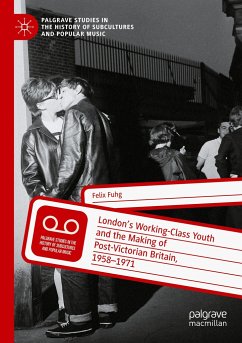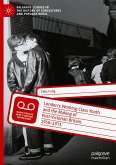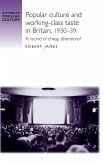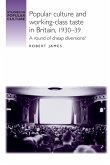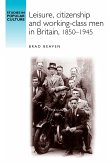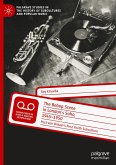This book examines the emergence of modern working-class youth culture through the perspective of an urban history of post-war Britain, with a particular focus on the influence of young people and their culture on Britain's self-image as a country emerging from the constraints of its post-Victorian, imperial past.
Each section of the book - Society, City, Pop, and Space - considers in detail the ways in which working-class youth culture corresponded with a fast-changing metropolitan and urban society in the years following the decline of the British Empire.
Was teenage culture rooted in the urban experience and the transformation of working-class neighbourhoods? Did youth subcultures emerge simply as a reaction to Britain's changing racial demographic? To what extent did leisure venues and institutions function as laboratories for a developing British pop culture, which ultimately helped Britain re-establish its prominence on the world stage?
These questions and more are answered in this book.
Each section of the book - Society, City, Pop, and Space - considers in detail the ways in which working-class youth culture corresponded with a fast-changing metropolitan and urban society in the years following the decline of the British Empire.
Was teenage culture rooted in the urban experience and the transformation of working-class neighbourhoods? Did youth subcultures emerge simply as a reaction to Britain's changing racial demographic? To what extent did leisure venues and institutions function as laboratories for a developing British pop culture, which ultimately helped Britain re-establish its prominence on the world stage?
These questions and more are answered in this book.
"Fuhg and Brown have written innovative studies that make a significant contribution to the existing historiography. They demonstrate that the spatial turn helps to enhance our understanding of the 1960s and, more broadly, of the conditions in which cultural innovation thrives. ... both studies hold lessons for anyone who is interested in, and concerned about, the future of the creative arts in the climate of fiscal austerity and puritanical righteousness that ... define our present. They deserve a wide readership." (Jörg Arnold, German Historical Institute London Bulletin, Vol. 45 (1), May, 2023)

